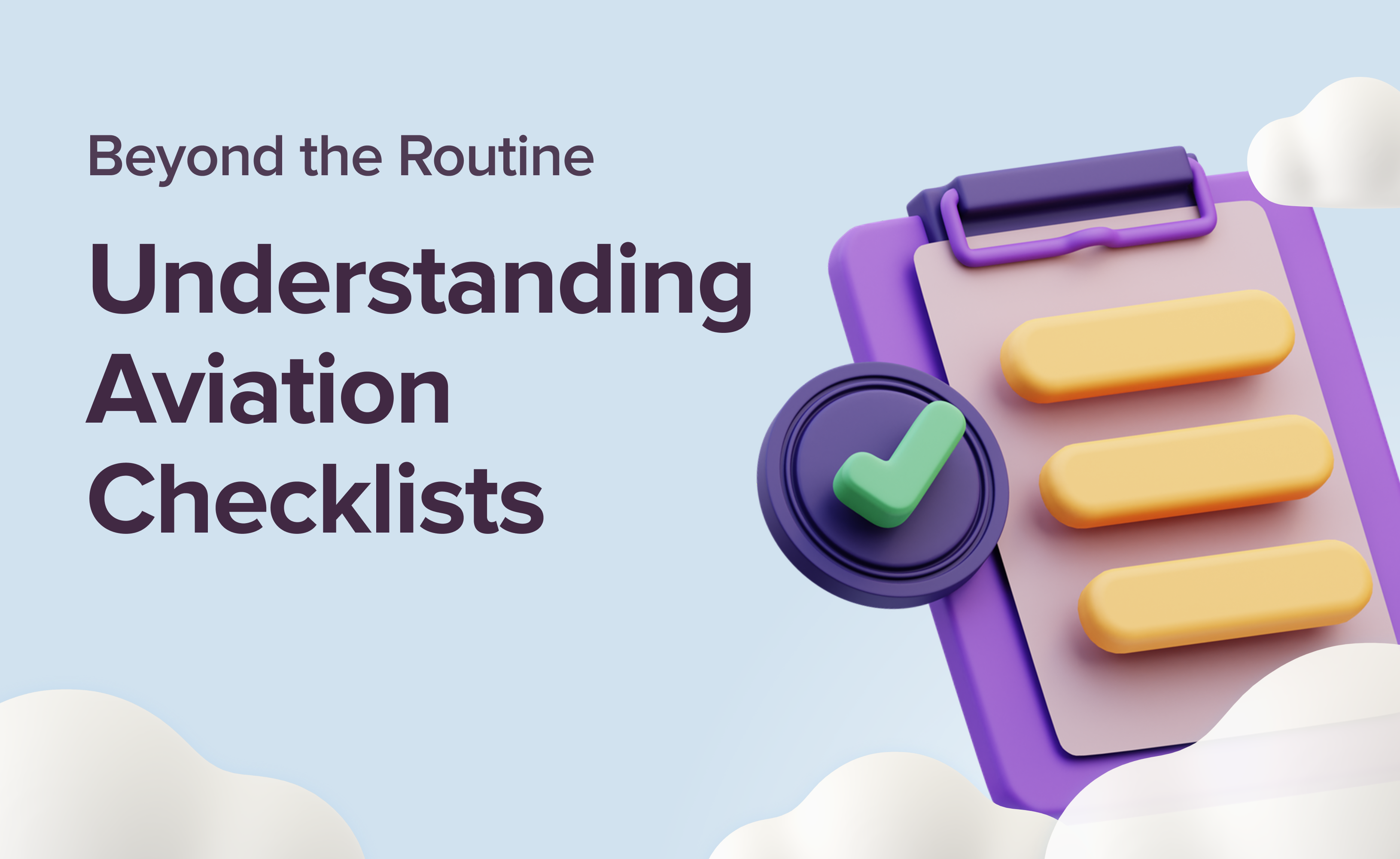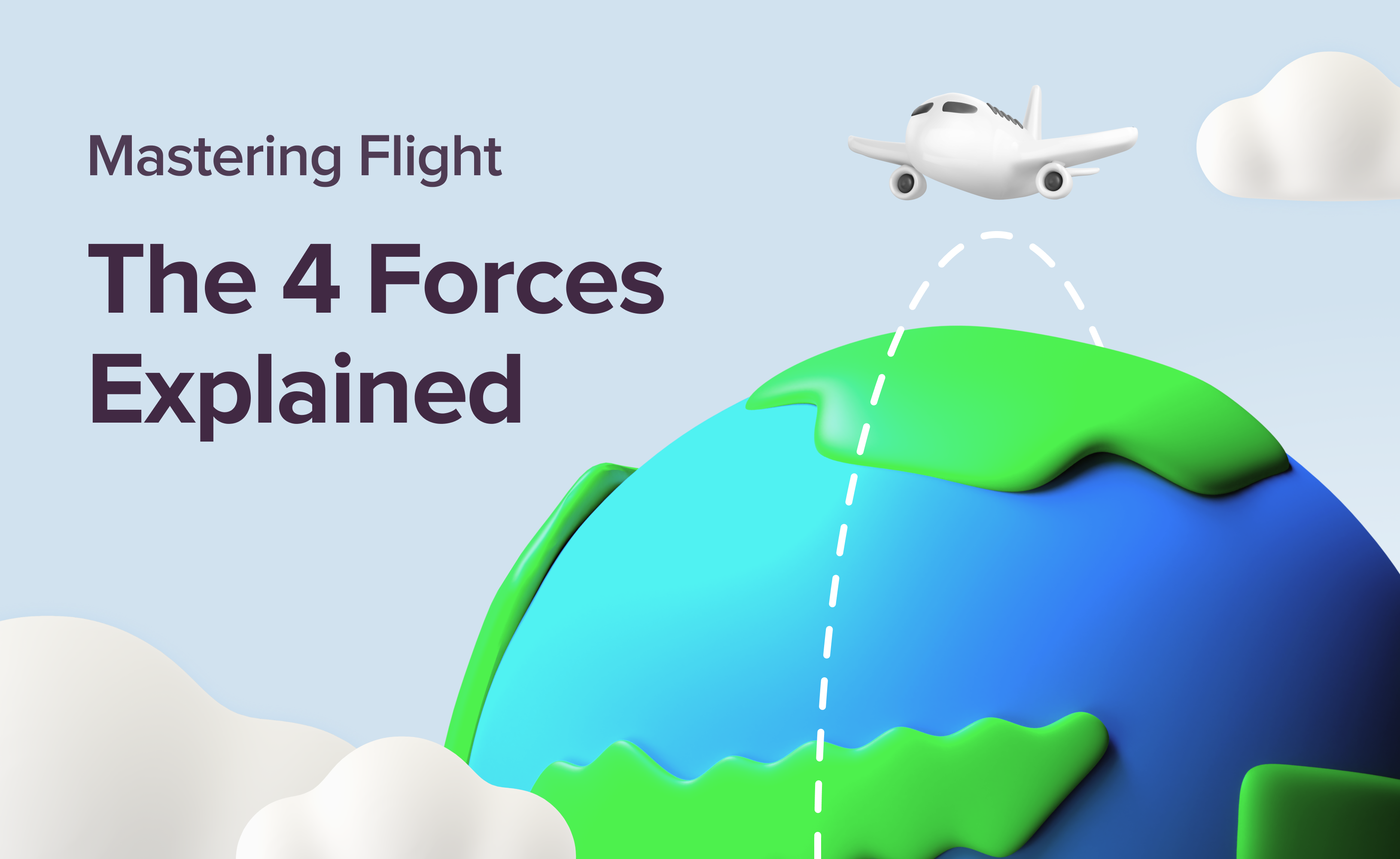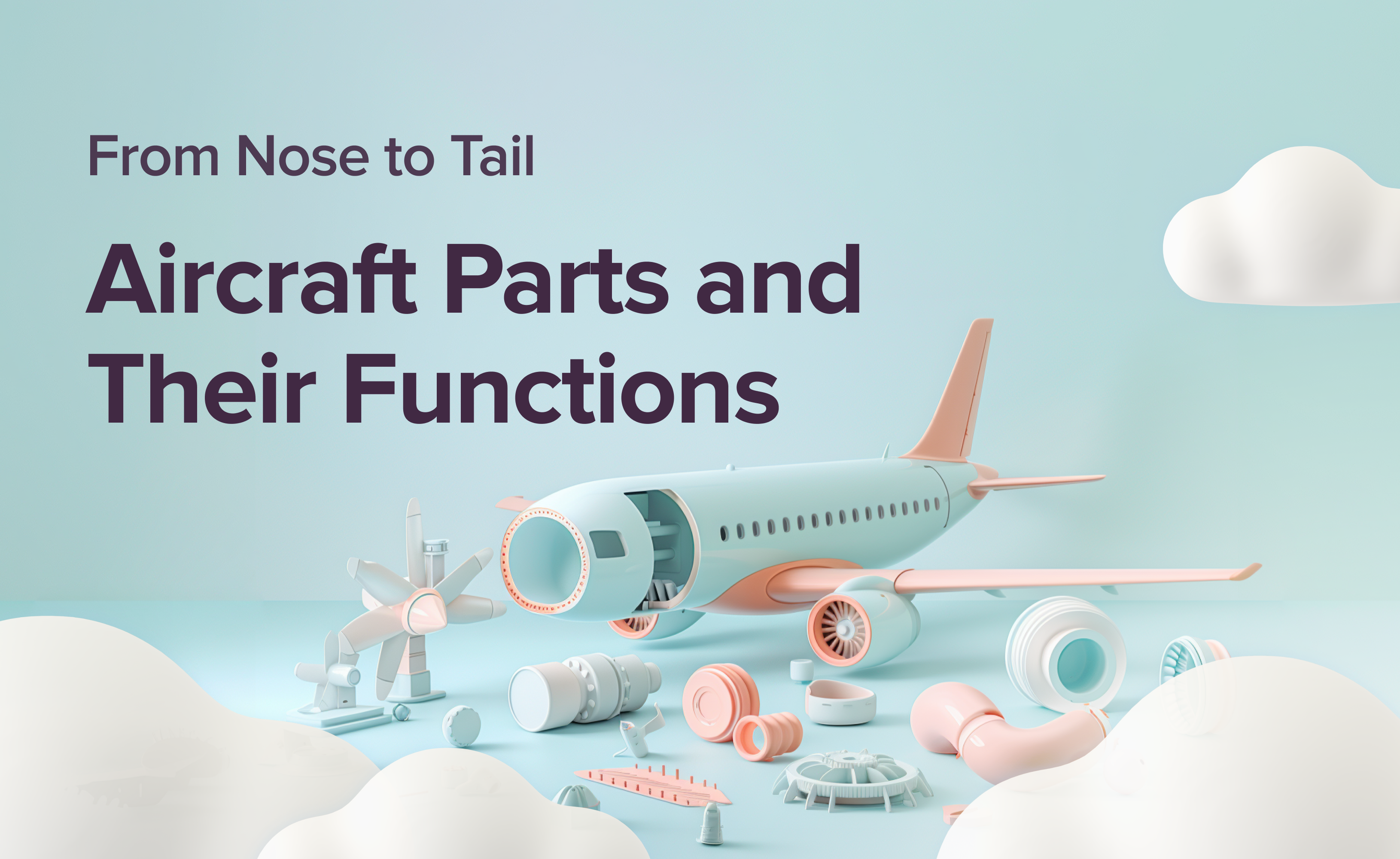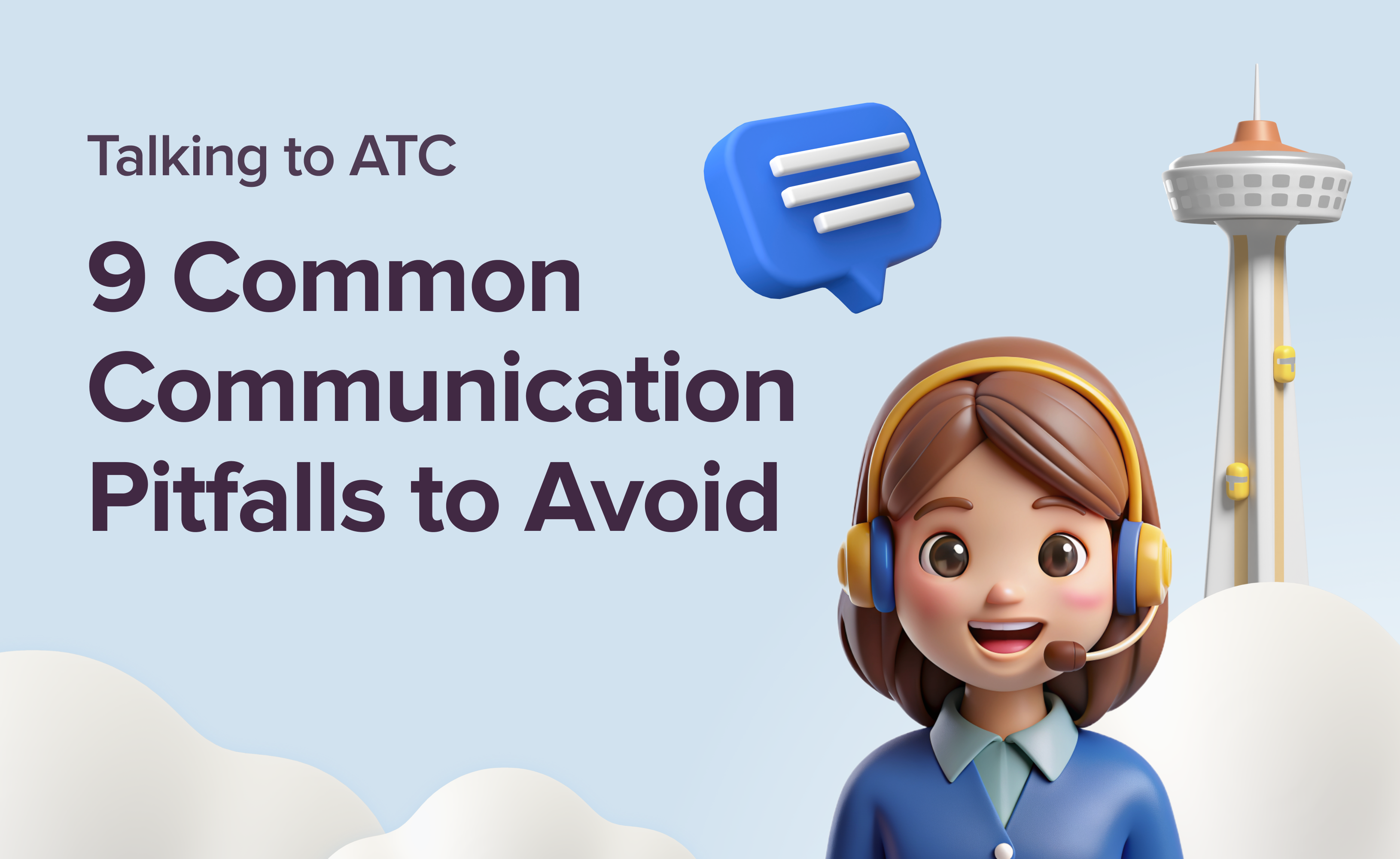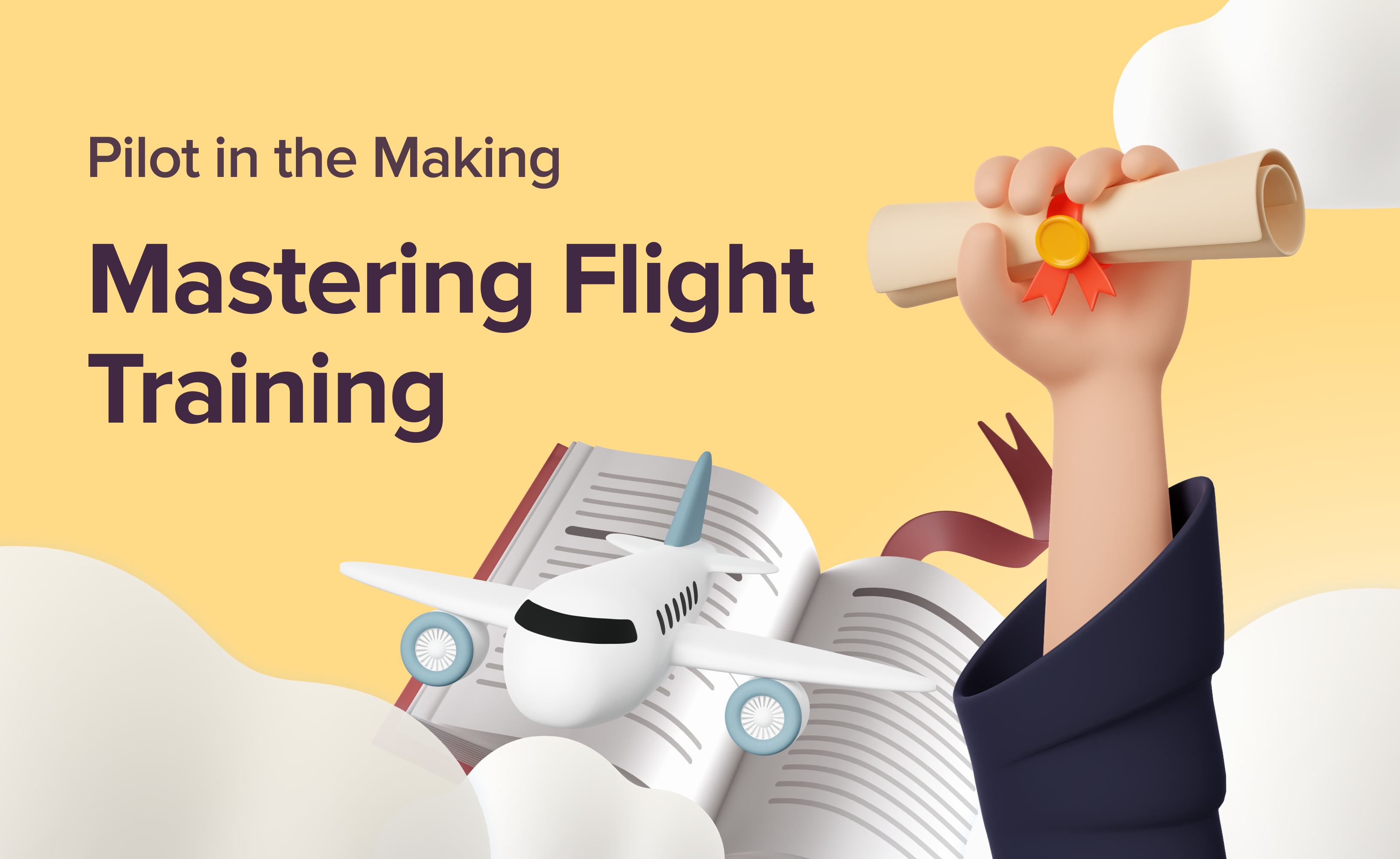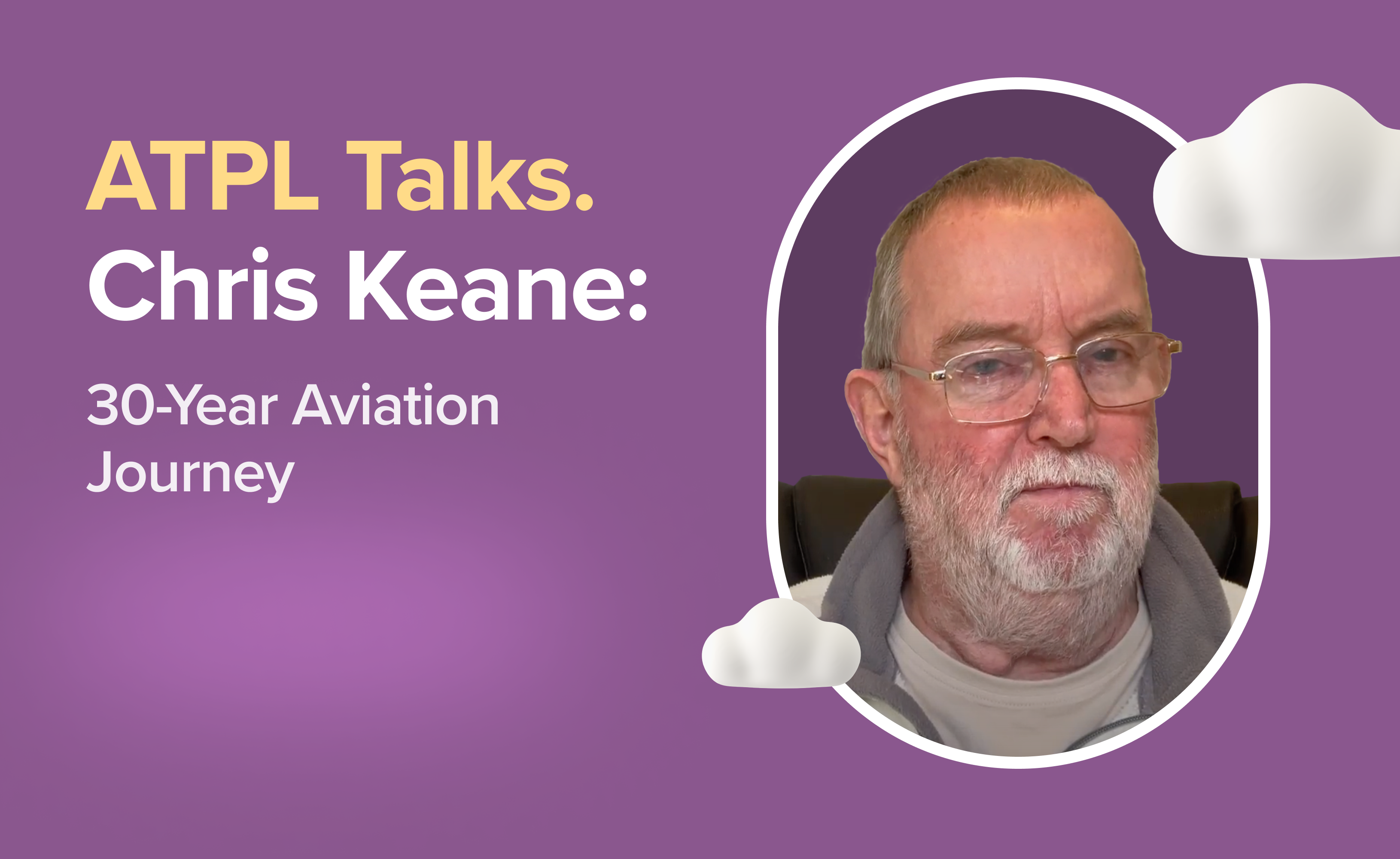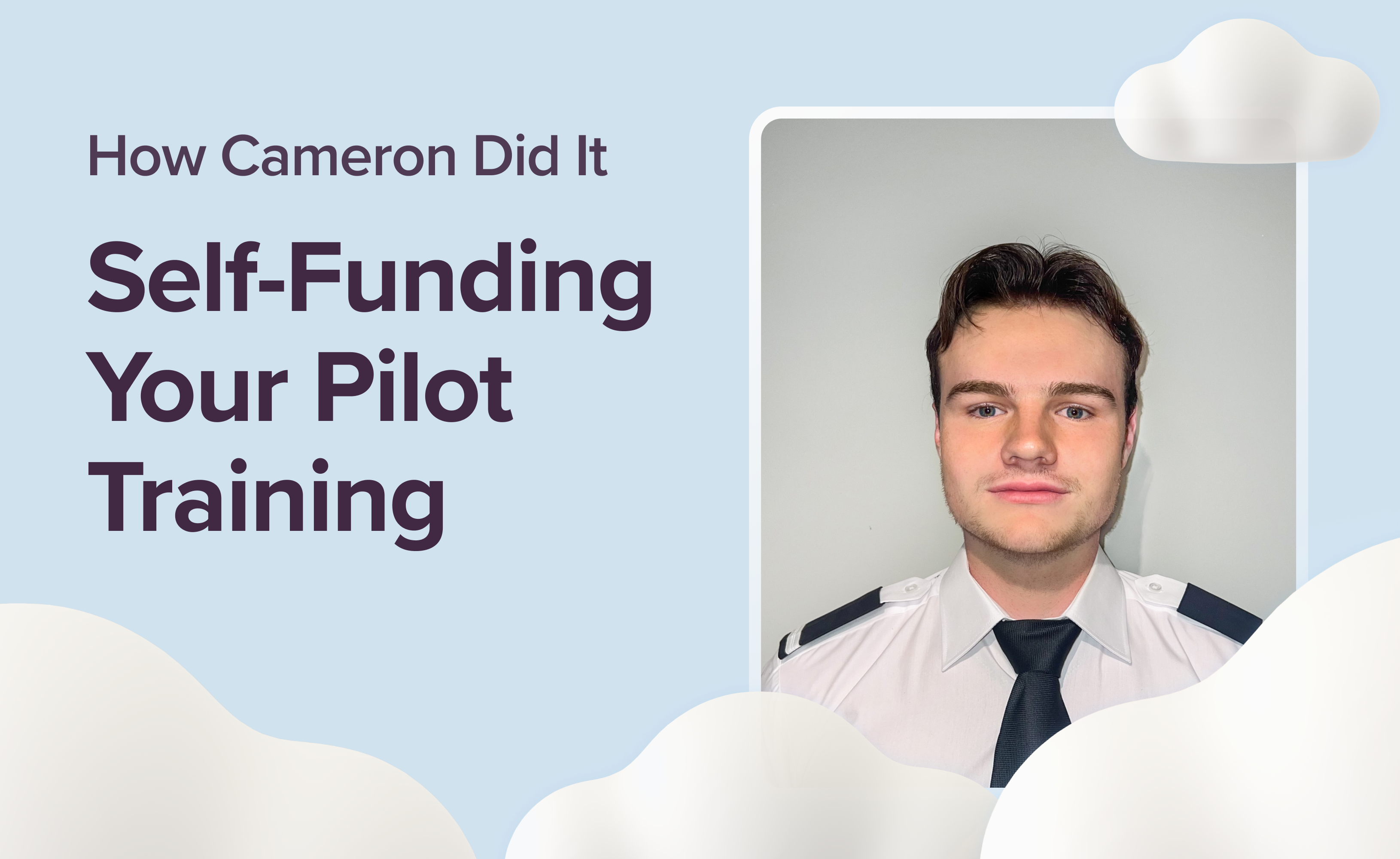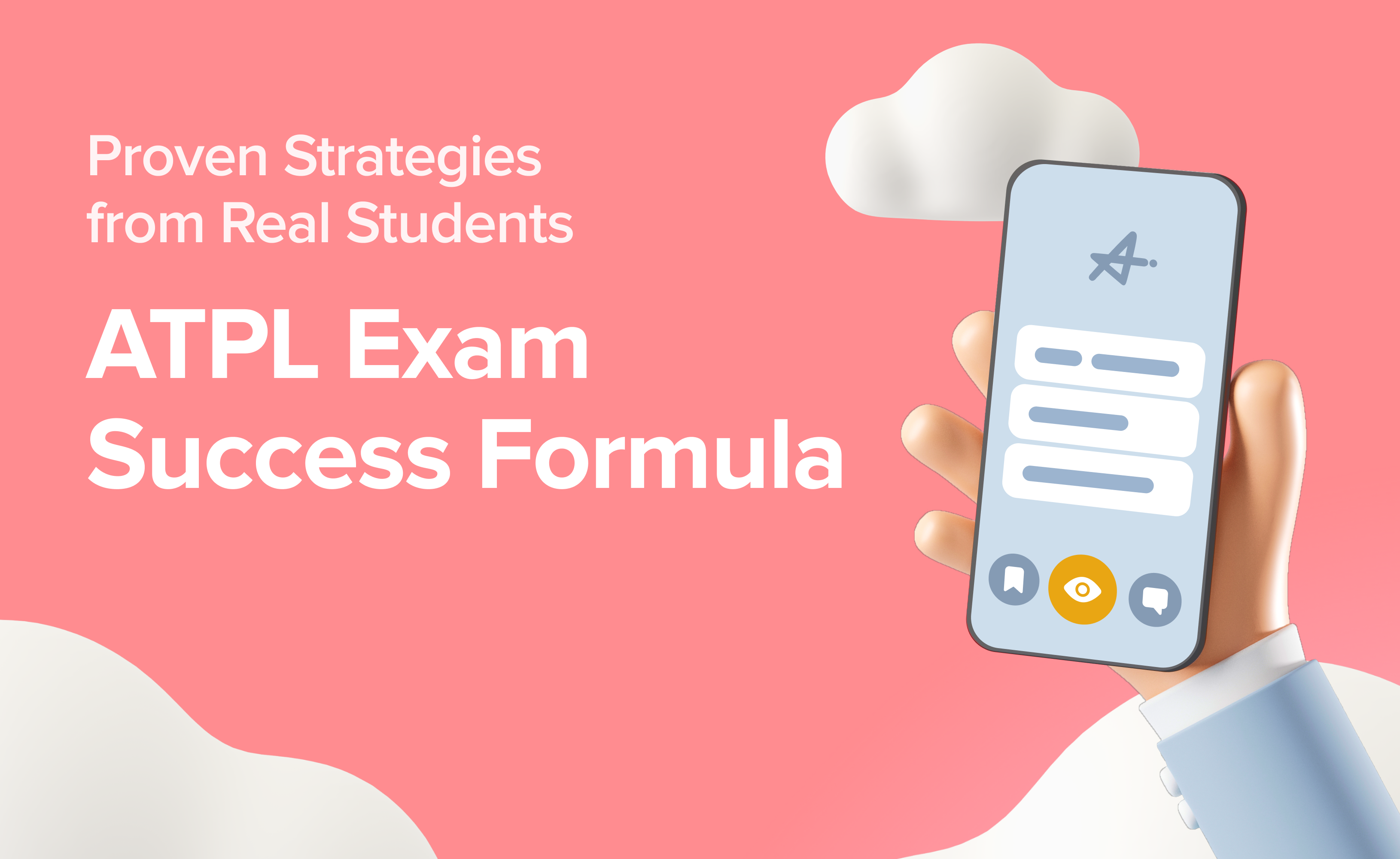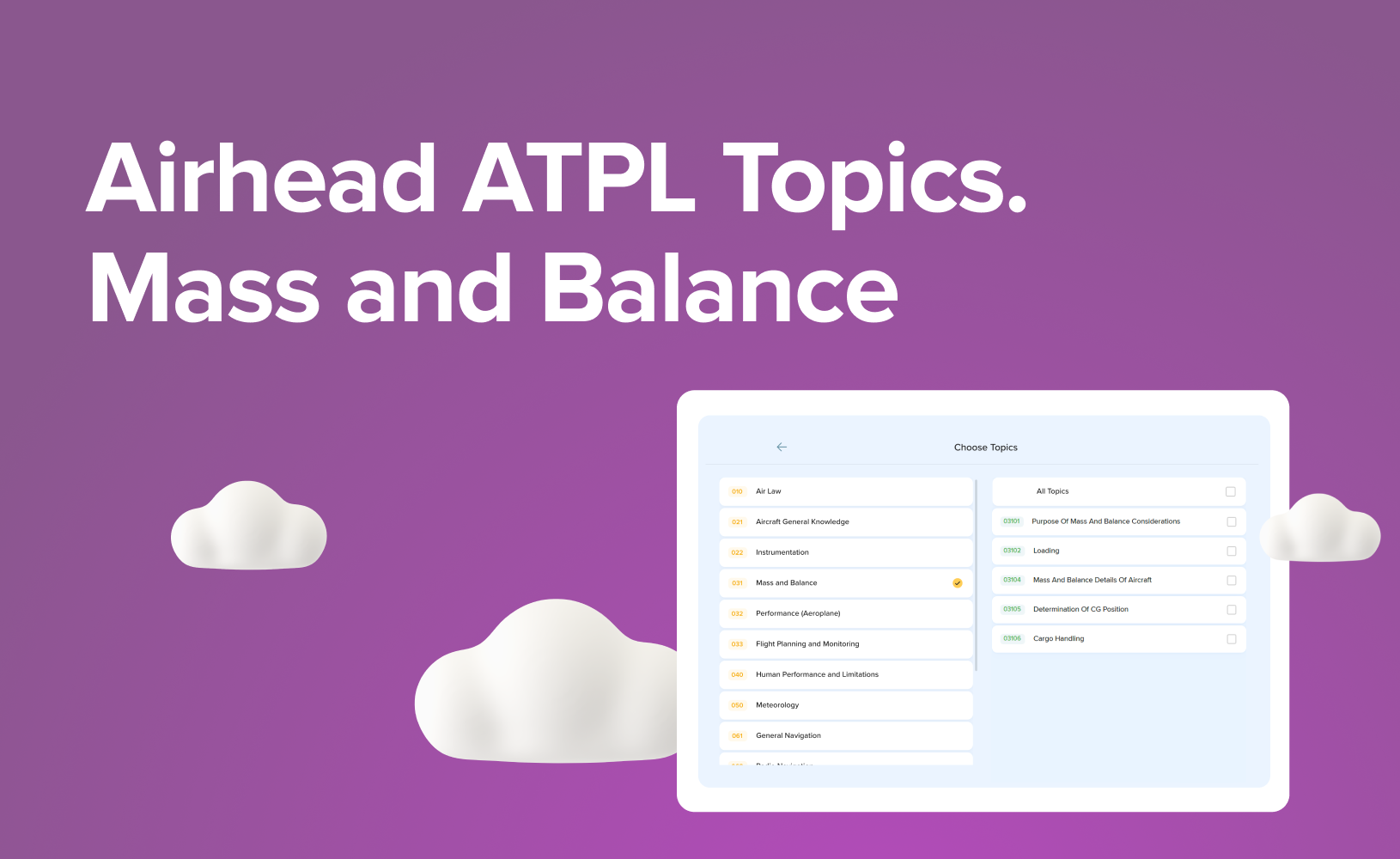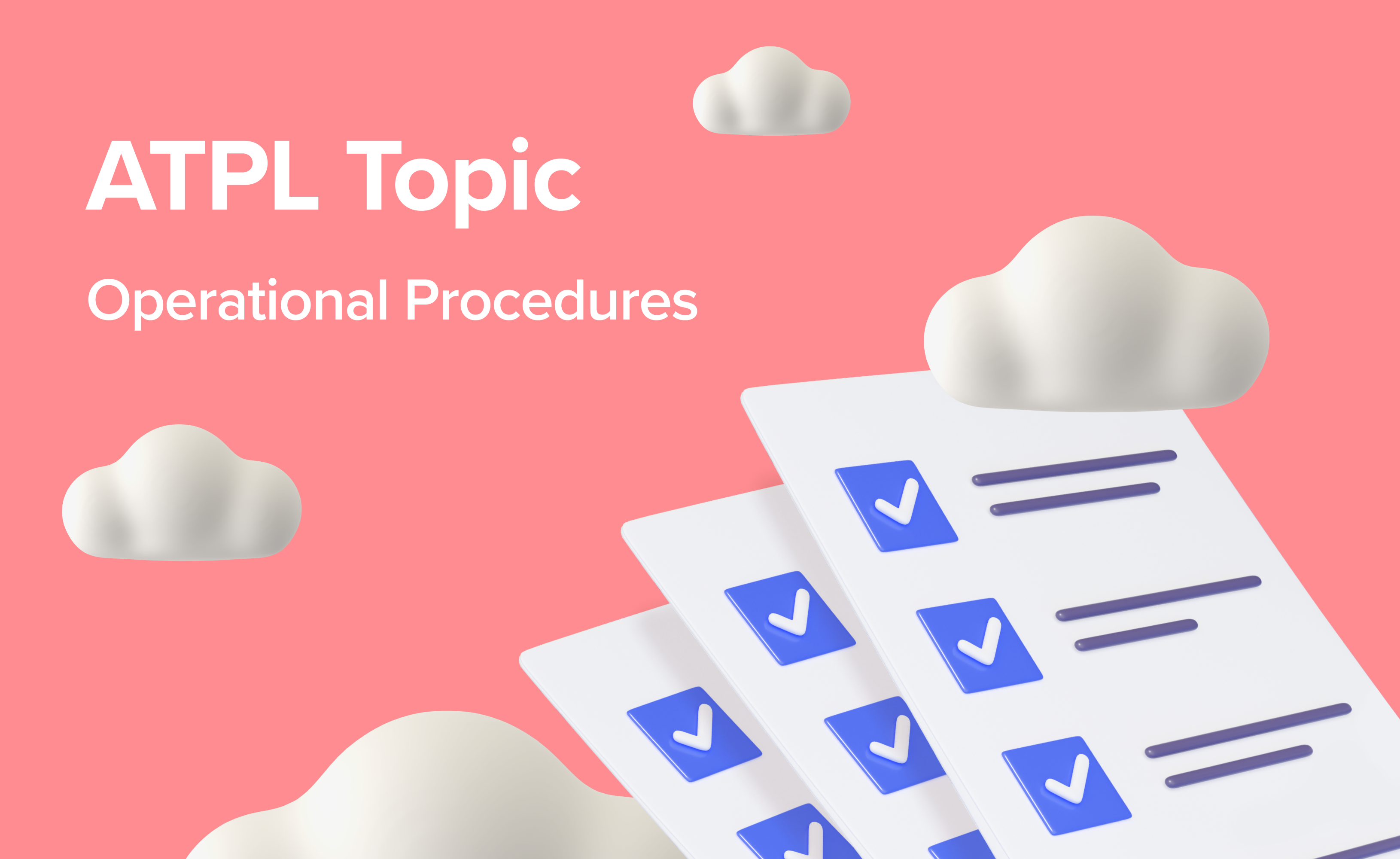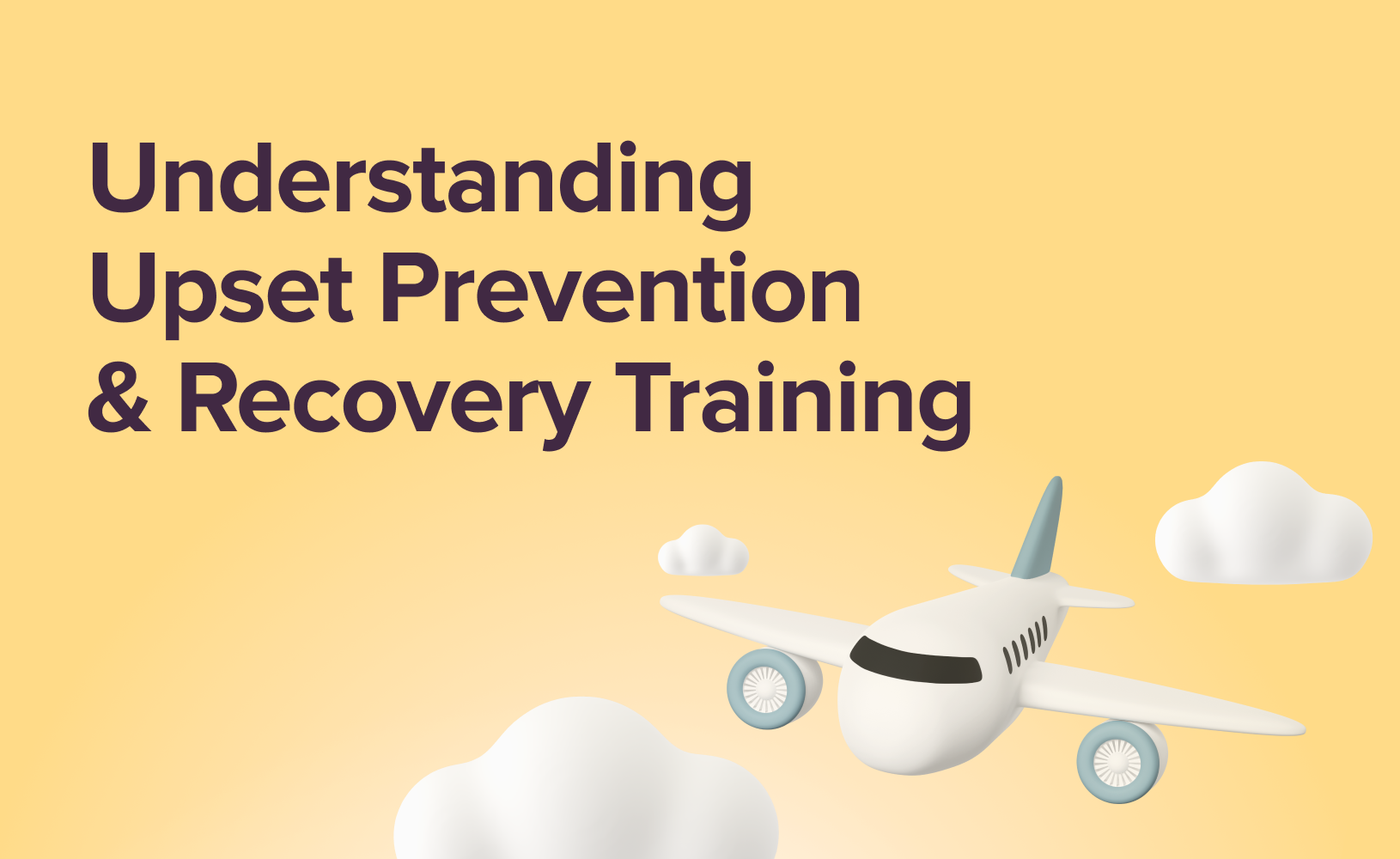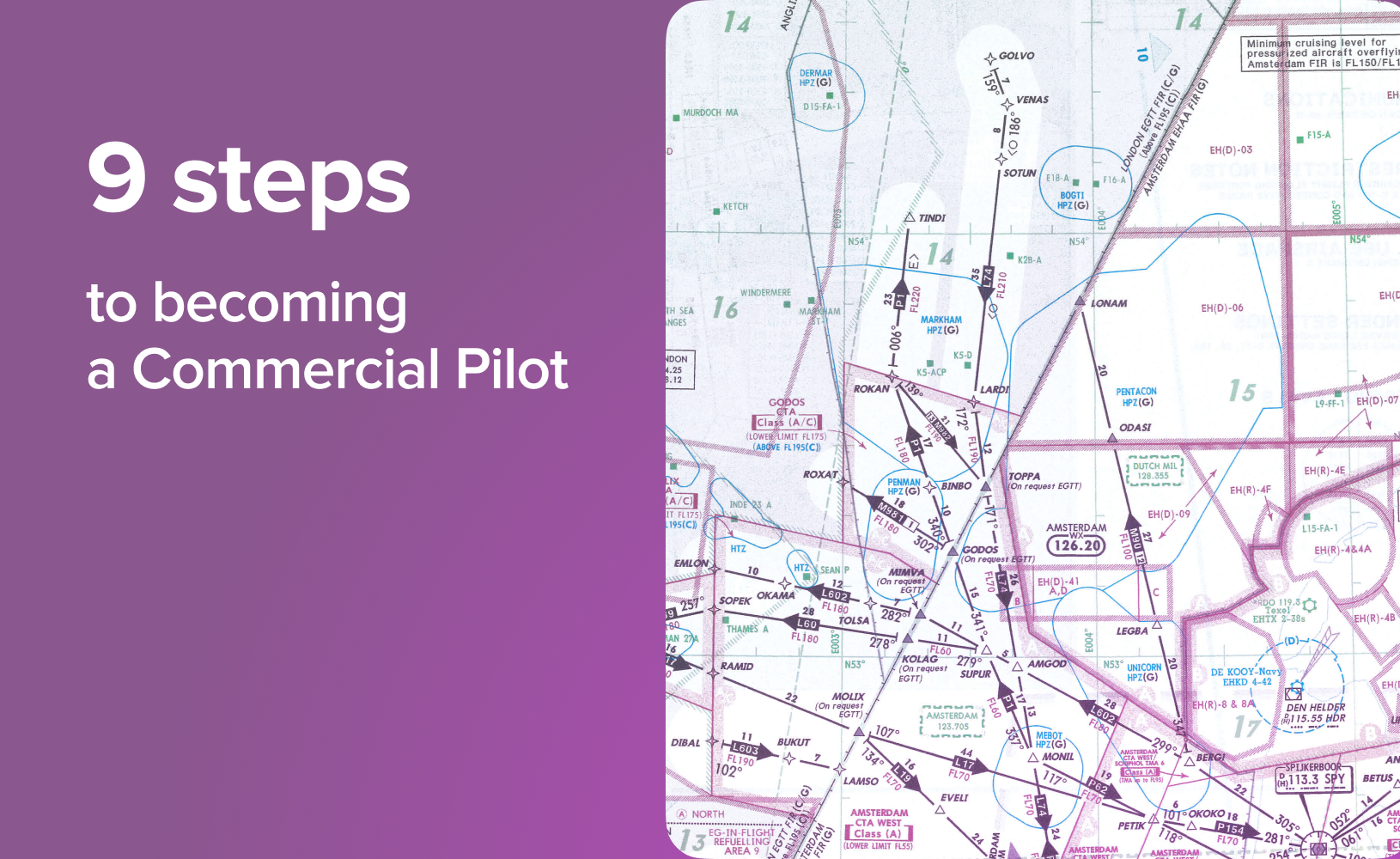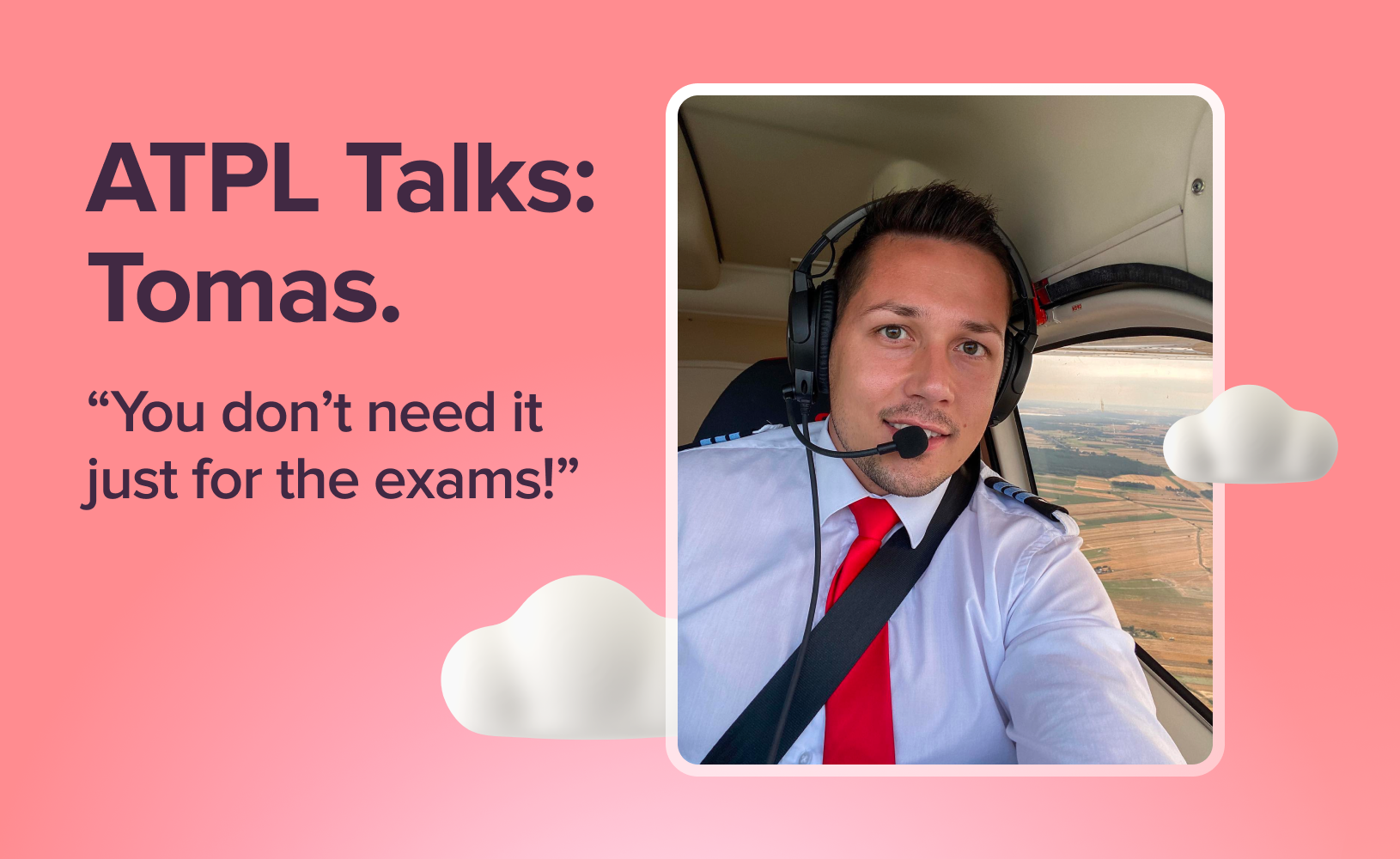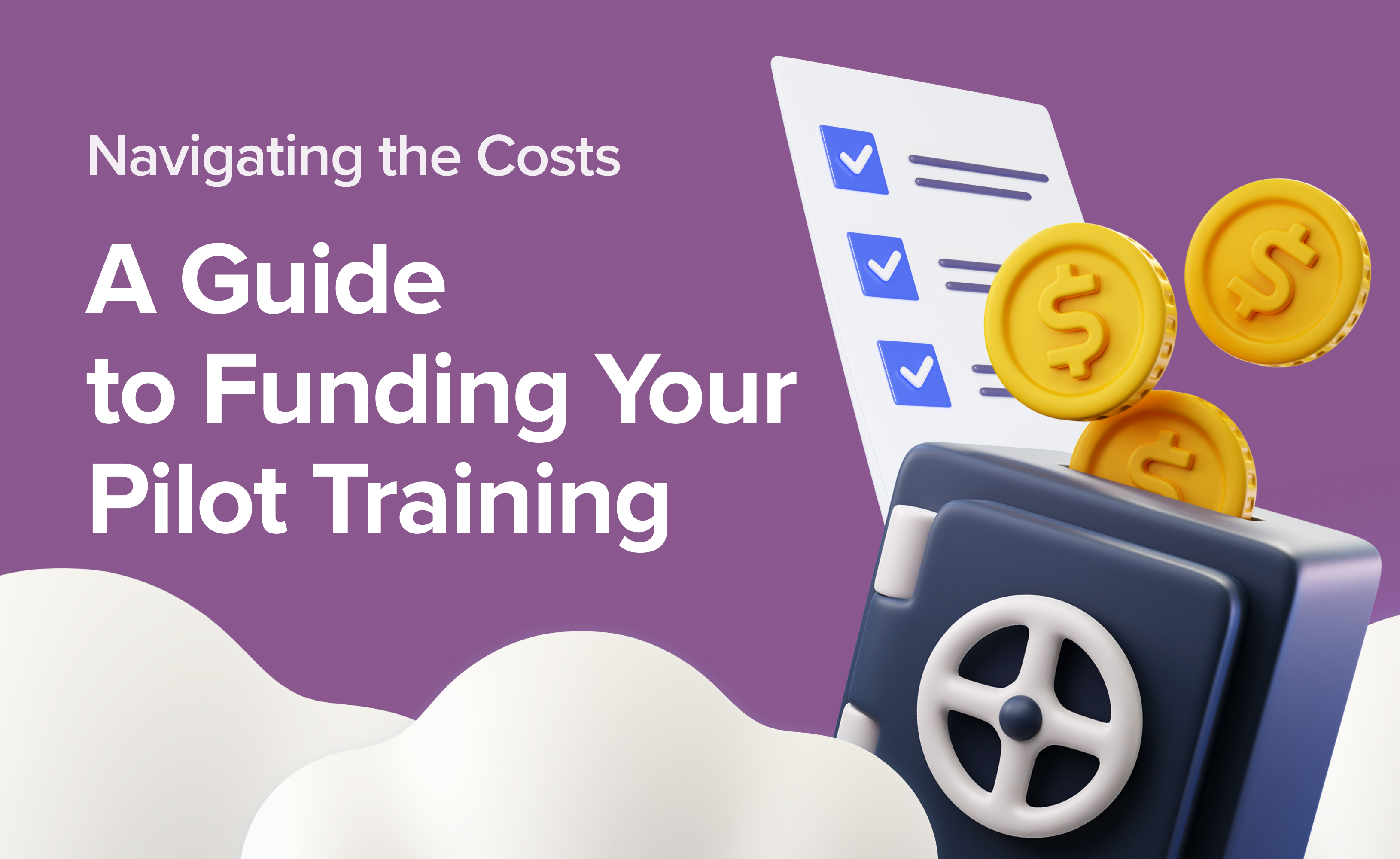How to Nail Your ATPL Exams in 2024? Insider Strategies for Success

Welcome to the ultimate guide on how to pass your ATPL exams with flying colours. In this comprehensive handbook, we won't just focus on preparation strategies – we'll dive into what you need to do during your exam sittings to maximise your chances of success. From practical tips on navigating exam days to mental preparation techniques, we've got you covered. Get ready to discover the secrets to studying effectively, performing at your peak, and going through your ATPL exams with confidence and excellence.
What to Expect from ATPL Exams?
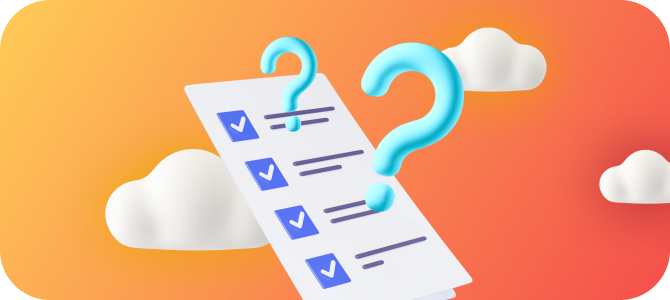
Preparing for the Airline Transport Pilot Licence tests requires an understanding of what lies ahead. The exams cover a wide range of subjects, from Principles of Flight to Meteorology and Air law, ensuring that candidates are well-versed in all critical aspects of aviation. It's essential to approach these assessments with thorough preparation, as they are a pivotal step in advancing your aviation career.
This section offers a clear understanding of the challenges and processes involved in obtaining your Airline Transport Pilot Licence, so you know what to anticipate on your journey.
Content of ATPL Exams:
ATPL exams consist of multiple-choice questions with four options and calculations.
The UK CAA exams employ a quadrant system that includes multiple-choice questions, type-in questions, and selecting from provided options.
The number of questions per exam varies based on the syllabus, ranging from 34 to 84 questions.
Exam duration varies, lasting from 30 minutes up to 2 hours 15 minutes, depending on the subject for both EASA and UK CAA.
ATPL Exam Deadlines and Retakes
The time required to complete all ATPL exams via the modular route depends on individual learning styles and dedication. Most students complete their ATPL study within twelve to sixteen months with part-time courses, while full-time courses can shorten the duration to as little as six months. Bear in mind these significant terms.
Timeframe for ATPL Exams. You have 18 months from the end of the month of your first exam attempt to attend and pass all 13 exams required for the ATPL Licence.
Number of Attempts per Subject. You are allowed a total of 4 attempts for each subject. If you fail the same subject 4 times, you will need to restart the process.
Maximum Time Frame Between Exams. If you register for multiple exams simultaneously, there must be a maximum of 10 working days between exams in which to sit them. This period is referred to as a “session.”
Total Number of Sessions. You have a total of 6 sessions to pass all the exams for the ATPL Licence.
Consequences of Exceeding Limits. If you exceed the 6 permitted sessions, 4 attempts per subject, or the 18-month timeframe since the first exam, a new cycle begins. You would need to repeat all exams, including those previously passed.
The ATPL theory exam results remain valid for 36 months following your latest successful exam, allowing you to apply for a Commercial Pilot Licence (CPL) or Instrument Rating (IR). Upon obtaining an IR or Helicopter type rating, these passes are locked in for 7 years, facilitating the issuance of an Airline Transport Pilot Licence.
What are the ATPL Subjects?

Below is an outline of the key subjects addressed in the ATPL examinations.
010 – Air Law. Air Law tests your understanding of aviation laws and regulations, necessitating a strong grasp of legal frameworks governing air travel. Explore key subtopics & core concepts of the Air Law Syllabus
021 – Aircraft General Knowledge: Airframe and Systems, Electrics, Power Plant, and Emergency Equipment. Involving aircraft components and construction, this subject demands a thorough understanding but is manageable with diligent study. Explore key subtopics & core concepts of the Aircraft General Knowledge
022 – Instrumentation. This subject explores aircraft systems and instruments, requiring focused learning and practice for success. Explore key subtopics & core concepts of the Instrumentation Syllabus
031 – Mass and Balance. Examining the calculation of an aircraft’s centre of gravity, this subject is time-sensitive and requires meticulous preparation for success. Explore key subtopics & core concepts of the Mass and Balance Syllabus
032 – Performance. Focusing on aircraft performance principles and modern jet transport data, this subject demands careful interpretation and understanding of graphs and data. Explore key subtopics & core concepts of the Performance Syllabus
033 – Flight Planning and Flight Monitoring. Covering route planning and flight calculations, this subject requires meticulous time management and a deep understanding of fuel policies for success. Explore key subtopics & core concepts of the Flight Planning and Monitoring Syllabus
040 – Human Performance and Limitations. Exploring physiological and psychological aspects of the human body in flight, this subject demands organisational skills and focus to tackle scenario-based questions effectively. Explore key subtopics & core concepts of the Human Performance and Limitations Syllabus
050 – Meteorology. Studying the impact of atmospheric conditions on the flight. Understanding this topic may be challenging due to the complexity of global weather concepts. Explore key subtopics & core concepts of the Meteorology Syllabus
061 – General Navigation. Involving navigational skills and concepts, this subject initially poses challenges but can be mastered with consistent practice. Explore key subtopics & core concepts of the General Navigation Syllabus
062 – Radio Navigation. Covering various navigation aids, including satellite navigation, this subject requires a comprehensive understanding of navigation systems for success. Explore key subtopics & core concepts of the Radio Navigation Syllabus
070 – Operational Procedures. Operational Procedures delve into regulations and procedures for pilots and crew, presenting occasional challenges that demand confidence and thorough understanding. Explore key subtopics & core concepts of the Operational Procedures Syllabus
081 – Principles of Flight. Delving into aircraft forces during flight, this subject demands mathematical proficiency and is renowned for its depth and complexity. Explore key subtopics & core concepts of the Principles of Flight Syllabus
090 – Communications. Covers routine communication with air traffic control and relevant weather information, essential for safe aviation operations. Thorough preparation is key, even for PPL holders. Explore key subtopics & core concepts of Communications Syllabus
Recommended Order of ATPL Exams Completion
When you're tackling your ATPL exams, it's important to follow a recommended order to keep your skills sharp. While schools and training providers may have their own module divisions, it's generally advisable to follow a structured approach to minimise skill fade. Just like that, starting with Navigation, Aerodynamics and Systems, Performance and Loading, and Flight Planning is a smart move. These topics overlap in areas of knowledge, making them a solid foundation. After that, you've got flexibility with Meteorology, Air Law, and Human Factors exams—they can be taken in any order that suits you best.
Pass Mark for ATPL Exams
The pass mark for each ATPL exam is set at 75%.
Where to Get ATPL Exam Questions?

When seeking reliable sources for ATPL exam questions and practice tests, you have several options to explore:
Aviation Training Providers: Aviation academies or distance learning platforms offer comprehensive study materials tailored specifically to ATPL exam requirements. These resources often include extensive question banks, practice exams, and mock exams.
Aviation Regulatory Authorities: Regulatory bodies like the European Union Aviation Safety Agency (EASA) or aviation schools approved by authorities, like Bristol Groundschool, may provide official exam question databases or study guides on their websites. These resources adhere to the official ATPL syllabus and exam standards, ensuring accuracy and relevance.
Commercial Publishers and Online Marketplaces: Commercial publishers and online marketplaces, such as aviation bookshops or e-commerce platforms like Amazon, offer a wide selection of ATPL including question banks, study guides, and practice question books. While these resources may vary in quality and accuracy, they can supplement your study efforts and provide additional practice opportunities.
Question Banks: Dedicated question banks, available through online platforms, offer a vast repository of ATPL exam questions covering various subjects. For example, the Airhead question bank is the most extensive one in the current market, as it includes the latest questions from the big four question banks, filtered, updated and ranked. Moreover, Airhead is designed to simulate the exam experience, allowing candidates to familiarise themselves with the actual format.
How Hard is it to Pass the ATPL Exams?

The difficulty of ATPL exams can vary depending on various factors. Based on the pass rates and difficulty levels of the ATPL subjects, it can be concluded that some subjects pose greater challenges for candidates compared to others.
According to insider information, more students tend to struggle with General Navigation than any other topic. Additionally, among the most difficult subjects are Principles of Flight (Aeroplane), Performance (Aeroplane), and Flight Planning and Flight Monitoring. These subjects typically require strong mathematical proficiency, a comprehensive understanding of complex concepts, and meticulous preparation due to their lower pass rates and higher difficulty levels.
On the other hand, subjects such as Communications, Air Law, and Instrumentation are generally considered less difficult, with higher pass rates and more straightforward content. These subjects often test candidates on foundational knowledge and operational procedures, making them more manageable for many candidates.
This highlights the importance of focused study and thorough preparation to overcome the challenges posed by these subjects.
Overall, the average scores attained on ATPL exams vary across subjects, ranging from 65% to 98%. While some subjects may be more challenging than others, thorough preparation, focused study habits, and consistent practice can significantly increase your chances of success in passing the ATPL exams. For additional insights, check out our article on “13 ATPL Subjects: From Easiest to Hardest”
How do you pass your ATPL exams?

Passing your ATPL exams requires more than just rote memorisation. This section delves into the strategies and techniques that can help you not only pass but excel in your exams, from effective study habits to time management skills.
Grouping Subjects
When tackling the course material required for ATPL exams, a strategic approach to grouping subjects can significantly enhance efficiency and effectiveness. Consider the following best practices to streamline your study process:
Identify Overlapping Areas: Recognise subjects sharing common themes to consolidate study efforts effectively. For instance, general navigation and flight planning often cover similar concepts.
Organise Subjects Thoughtfully: Structure your study plan logically, grouping subjects based on thematic similarities. Established models like Modules 1, 2, and 3 provide a sensible framework for organisation.
Consult with Experts: Seek guidance from ATPL theory providers or experienced instructors to tailor your approach. They can offer valuable insights into effective grouping strategies.
Consider Module Structure: Adjust your study tactics based on the modular structure of your ATPL course. Modules with heavier content loads may require different approaches.
Strategically Plan Exam Retakes: Delay retakes until later in your study timeline to capitalise on shared topics and minimise redundant preparation.
Leverage Cross-Referencing Techniques: Maximise the use of shortcuts and cross-referencing to streamline learning. Look for common themes and connections between subjects to optimise retention.
"Based on student feedback, a common strategy is to schedule three sessions of 5-3-5 subjects, respectively, for exam sittings. However, the 13 subjects can also be categorised differently by various providers or schools. For instance, BGS may not recognize these modules in the same way as depicted here:
Module 1
Module 2
Module 3
English Proficiency
English mastery is crucial for success in ATPL exams, as aviation operates primarily in English. If English is not your first language, ensure your proficiency is at a level 5 or above, preferably reaching Cambridge B2 or higher. Many airlines require a proficiency level of six or above for employment. Remember, all training and exams are conducted in English, and you'll need an ICAO Language Proficiency certificate at Level 4 for CPL issuance.
Mathematics and Physics
While ATPL exams don't demand advanced mathematics or physics skills, a solid understanding of GCSE-level maths and physics is essential. If you lack a technical background or haven't studied these subjects recently, consider refreshing your knowledge before starting your ATPL journey. Many candidates struggle due to inadequate maths skills, making it challenging to grasp ATPL concepts.
Class I Medical
To sit for ATPL exams, candidates are required to hold a Class I medical certificate, signifying their fitness to operate as commercial pilots. Conversely, individuals pursuing a Private Pilot Licence (PPL) are typically required to obtain a Class II medical certificate, indicating their fitness for private flying activities.
If you don't hold a Class I medical yet, initiate the process early. Obtaining a Class 1 medical can take time and may involve additional tests or consultations with medical professionals. Be prepared for potential delays, as resolving medical issues can take several months. It's advisable to secure your Class 1 medical before committing significant resources to flight training.
Efficient Learning Strategies

To minimise the challenges of studying for ATPL exams, it's essential to employ effective study techniques. Here are some proven strategies to enhance your study experience and maximise your learning outcomes:
Taking Strategic Breaks
Maintain a steady pace during your ATPL studies by incorporating appropriate short- and long-term breaks into your study schedule. For example, consider dividing your study time into 35-40 minute intervals, followed by a 10-minute rest period. This approach helps to optimise productivity and prevent burnout, allowing you to sustain focus and motivation throughout your study sessions.
Focus on Weak Areas
Identify and concentrate your efforts on the areas that require improvement. Divide your study material into smaller chunks and prioritise topics where you face the most difficulty. Utilise question banks like Airhead to track your progress and flag challenging points for further review. Through consistent practice questions and active recall, you can enhance your speed and confidence in your performance.
Seek Assistance When Needed
Don’t struggle alone – ask for help. If you encounter difficulties with certain topics, reach out to your ATPL theory provider or study partners for assistance and clarification. Collaborating with peers in group settings or studying in pairs can be more effective than studying alone. Additionally, explore alternative learning resources such as online tutorials or instructional videos to supplement your studies and gain deeper insights into complex subjects.
Practice and Implement Spaced Repetition
Regular practice questions and spaced repetition are crucial components of effective learning and retention. Allocate time for regular review sessions to reinforce critical information and prevent forgetting.
Utilise techniques such as writing down key concepts or using flashcards to aid memory retention. Establish a structured review schedule, incorporating daily, weekly, and monthly intervals to ensure long-term retention of the learned material and mastering new questions. By implementing spaced repetition, you can slow down the process of forgetting over a long time.
Alternate subjects
One effective strategy that can significantly enhance your study process is alternating subjects. While there's no one-size-fits-all approach to studying, rotating the subjects you focus on during your exam revision can offer several benefits.
Firstly, it helps prevent burnout and mental fatigue. Switching between different subjects allows your brain to stay fresh and engaged, maintaining higher levels of focus and productivity throughout your study sessions.
Secondly, research has shown that interleaving or mixing up different topics during study sessions can enhance long-term memory and comprehension. By exposing yourself to a variety of subjects within a single study session, you reinforce connections between different concepts and deepen your overall understanding.
Ultimately, the key to effective subject alternation is finding a rhythm that works for you. Whether you prefer shorter, more frequent study sessions focused on individual subjects or longer sessions that rotate between topics, the goal is to strike a balance that maximises your learning efficiency and minimises study fatigue. Experiment with different approaches to find the method that suits your learning style and exam preparation needs best.
Location
Selecting the appropriate study location is vital for enhancing productivity and reducing distractions while preparing for your ATPL exams. Whether it's a quiet library, a designated study space at home, or a dedicated study area at an aviation school, the key is to create an environment conducive to focused learning. By selecting a location that promotes concentration and minimises interruptions, you can optimise your study sessions and make the most of your study time.
When considering options for learning ATPL courses, you have several choices to explore. Distance learning offers flexibility and convenience, allowing you to study from the comfort of your own home and tailor your study schedule to fit around other commitments such as work or family obligations.
Aviation schools provide a structured learning environment with access to experienced instructors and resources, fostering immersive learning experiences.
Self-learning allows you to pace your studies independently and pursue your ATPL qualifications at your convenience, albeit with less guidance and support compared to formal training programs.
Furthermore, when planning to undertake ATPL exams, strategic consideration should be given to the choice of examination centres. Opting for a location that minimises travel time and logistical challenges can help reduce stress and optimise performance on exam days. Additionally, assessing factors such as exam venue amenities, accessibility, and past candidate experiences can inform your decision-making and contribute to a positive exam experience.
By evaluating your individual preferences, logistical considerations, and study goals, you can tailor your learning experiences to maximise success and achieve your professional aspirations.
Distractions
Rather than spending hours “studying” while being distracted by your phone or household chores, prioritise smart studying.
Create a dedicated study space: Designate a specific area for studying that is free from distractions like TVs, household noise, or high-traffic areas.
Set boundaries: Communicate with family or housemates about your study schedule and request uninterrupted time during your study sessions.
Use focus-enhancing tools: Consider using apps or browser extensions that block distracting websites or apps during study periods.
Turn off notifications: Silence your phone or put it in a separate room to minimise the temptation to check messages or social media while studying.
Establish a routine: Develop a consistent study routine and stick to it. Knowing when and where you'll be studying each day can help reduce decision-making fatigue and increase productivity.
Stress
ATPL exams pose challenges due to time constraints, multiple sittings, and the importance of maintaining a clean record for future career prospects. Avoid putting undue pressure on yourself by setting realistic goals and seeking assistance when needed. Consistency in your study routine, dedicating 2.5 to 3 hours of focused study each day, can help you stay on track and manage stress more effectively. Consider these broad yet impactful strategies to cope with stress.
Practice relaxation techniques: Incorporate stress-relief practices into your routine, such as deep breathing, meditation, or progressive muscle relaxation, to help alleviate tension and anxiety.
Break up study sessions: Take regular breaks during study sessions to prevent burnout and maintain focus. Use techniques like the Pomodoro Technique, which involves studying for 25 minutes followed by a 5-minute break.
Seek support: Reach out to friends, family, or fellow students for support when feeling overwhelmed. Sometimes, talking through your concerns with someone else can provide perspective and reassurance.
Stay organised: Use tools like planners, calendars, or study schedules to stay organised and on track with your study goals. Having a clear plan can reduce stress by providing a sense of structure and control.
Practice self-care: Prioritise self-care activities like exercise, adequate sleep, and healthy eating to support your overall well-being during the stressful exam period. Taking care of your physical health can improve your resilience to stress.
Motivation
It's no exaggeration to say that studying for these exams will likely be one of the most challenging endeavours you ever undertake. However, with consistent effort over 6 –12 months, depending on your course, success is within reach.Everyone encounters moments of doubt and fatigue, but finding your underlying motivation is key to staying the course. Identify why you aspire to be a commercial pilot, and keep that reason close at hand to fuel your determination. Here is a list of recommendations that might give you the motivation to keep going.
Set specific goals: Define clear, achievable goals for your ATPL studies, such as passing a certain number of practice exams or completing a specific subject module.
Break it down: Divide your study material into manageable chunks and celebrate small victories along the way. Progress, no matter how small, can boost motivation.
Visualise success: Create a vision board or picture in the mind's eye yourself succeeding as a commercial pilot. Reminding yourself of the end goal can reignite your motivation during challenging times.
Stay connected: Join online communities or forums where aspiring pilots share their experiences, challenges, and successes. Engaging with like-minded individuals can provide support and motivation.
Reward yourself: Treat yourself to small rewards after achieving study milestones. Whether it's a coffee break, a walk outside, or watching an episode of your favourite show, incentivizing your progress can keep you motivated. And don't forget to reward yourself with some flying, just to help you remember why you are putting yourself through this pain. It will also keep your flying skills sharp and help build those vital hours needed for the CPL skills test
Conclusion
This manual contains essential information, strategies from seasoned professionals, and practical tips to help you successfully obtain your ATPL.
Remember, success in ATPL exams is not just about mastering the material. It's about adopting the right mindset, study techniques, and habits to excel under pressure. Paying attention to question banks, utilising repetition as a tool for learning, and committing to consistent effort are key pillars of your success.
Believe in yourself, trust in your abilities, and never lose sight of your ultimate goal. With dedication, perseverance, and a relentless pursuit of excellence, you have the power to turn your aspirations into reality. So go forth, face your exams with confidence, and remember that the sky's the limit for those who dare to dream and work tirelessly to achieve their goals. You've got this!





